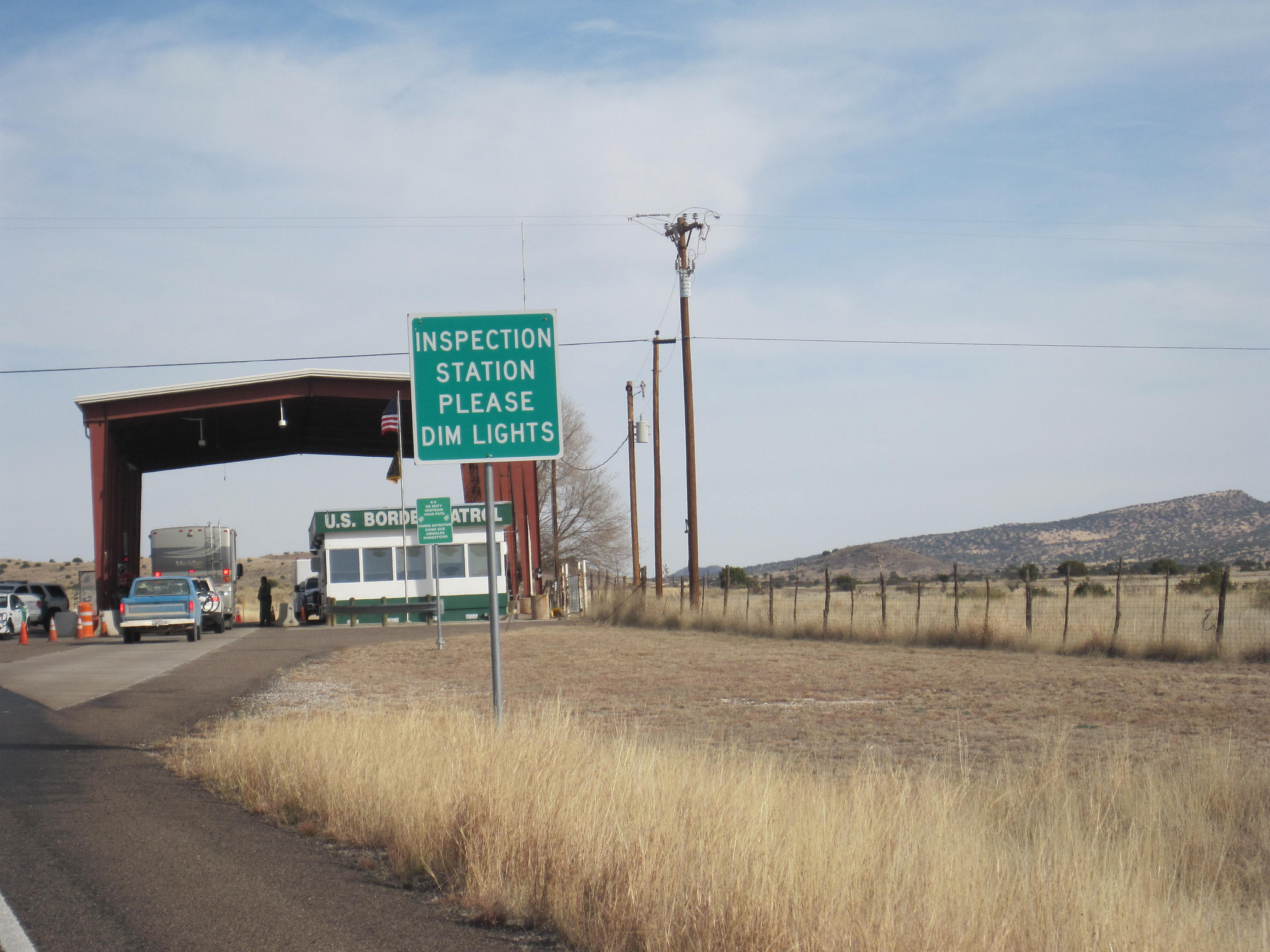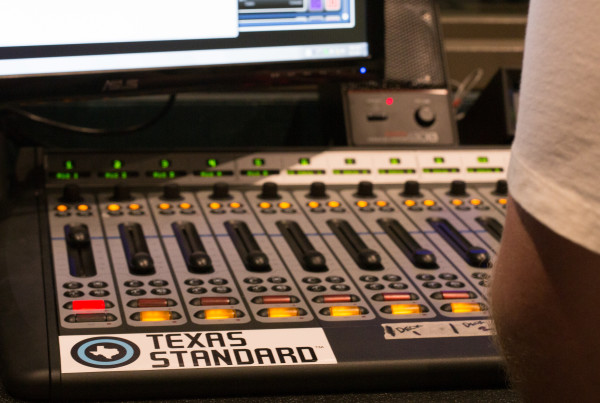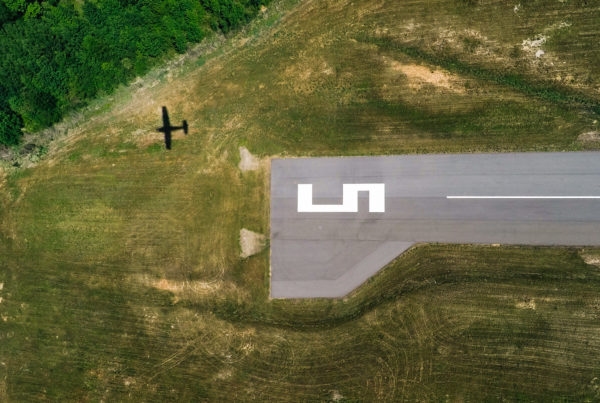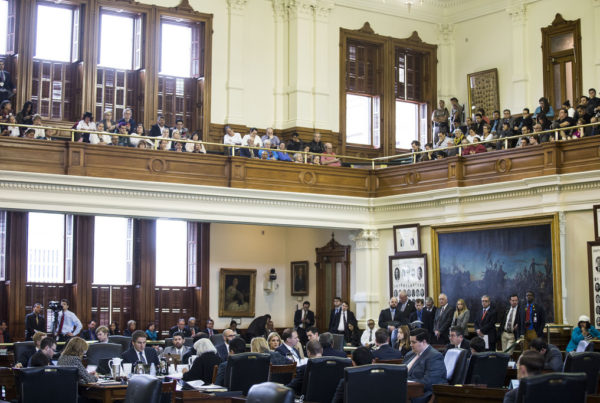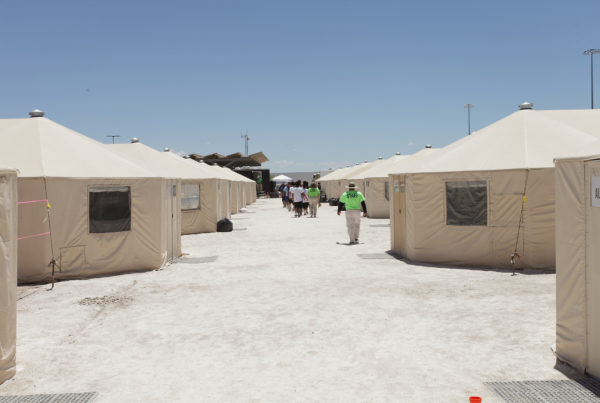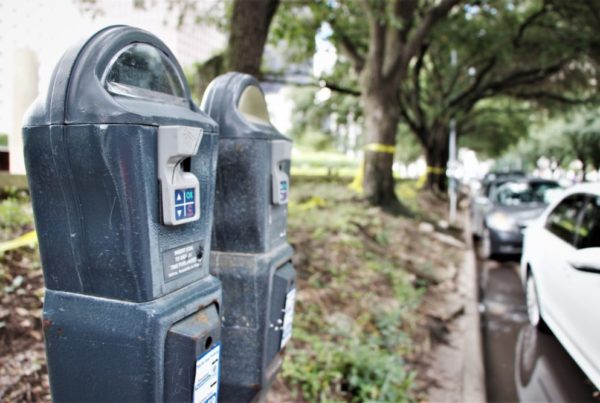The U.S. Constitution provides broad protections for people in all 50 states. In many border states like Texas, however, those protections doesn’t necessarily reach statewide – for example, the Fourth Amendment, which prohibits unreasonable search and seizure. In the so-called border zone, which roughly extends 100 miles inland from the actual border, United State Border Patrol agents, in some cases, are conducting warrantless searches based on reasonable suspicion.
Melissa del Bosque, a fellow at the Investigative Fund, reports in the Texas Observer that the border zone is expanding dramatically, with little pushback. She says now, borderland security is beginning to infringe on the rights of U.S. citizens.
What you’ll hear in this segment:
– The current extent of the Border Patrol’s rights and jurisdiction
– How the Fourth Amendment applies to U.S. Customs and Border Protection, the agency that oversees the Border Patrol
– The case of one woman whose constitutional rights were violated during a search
Written by Acacia Coronado.


